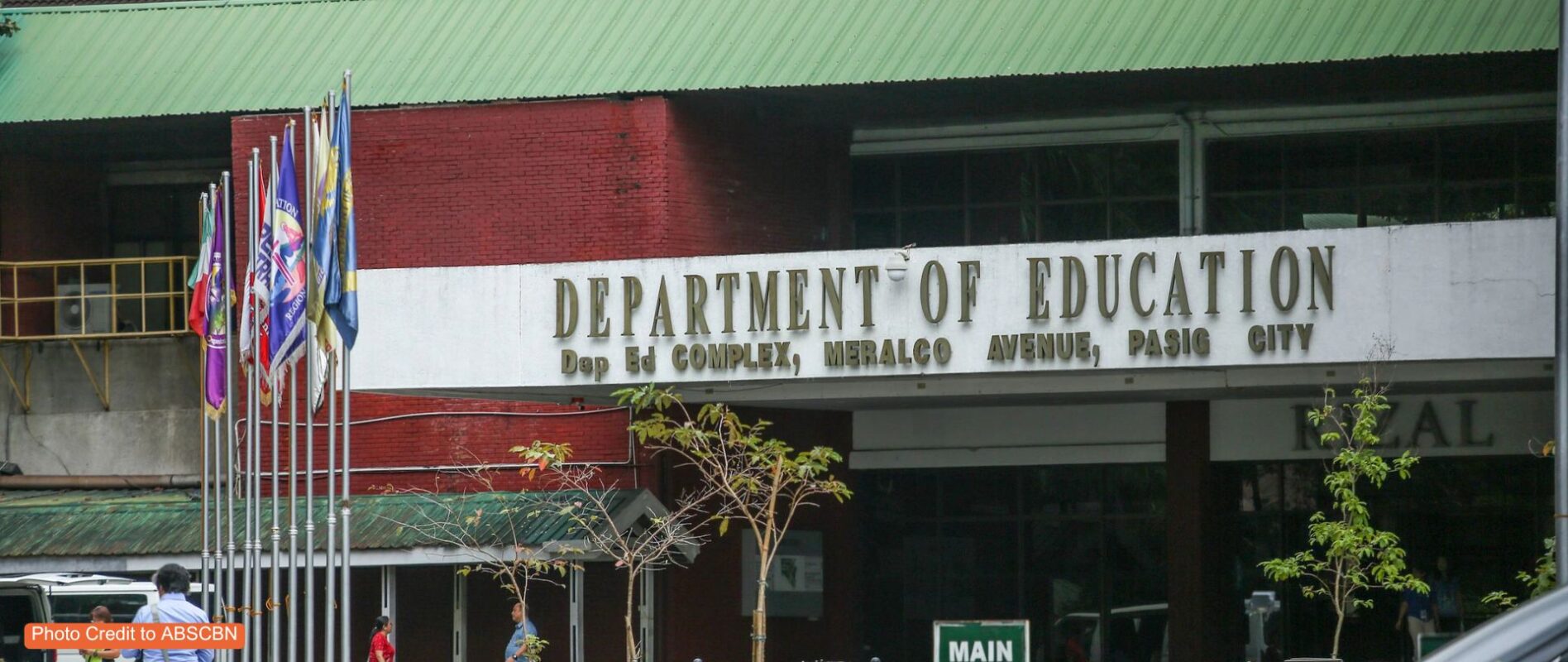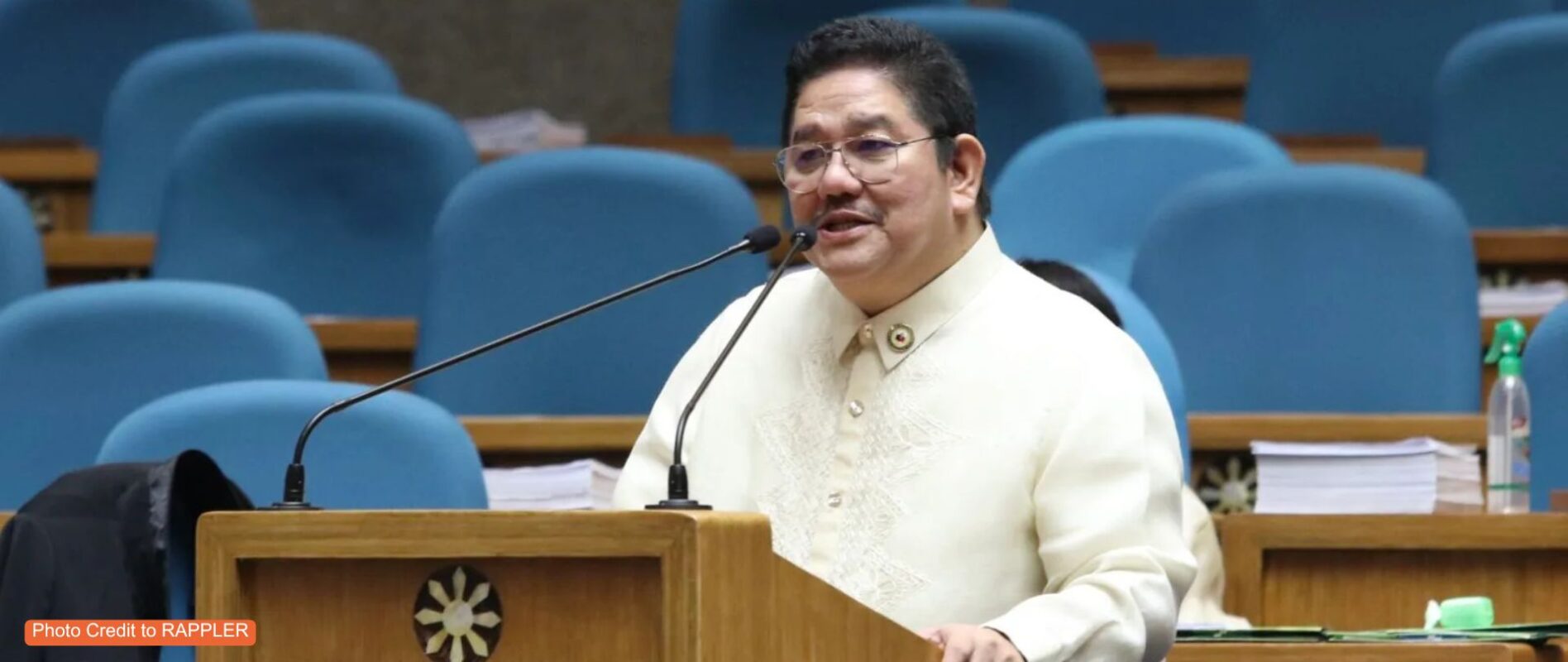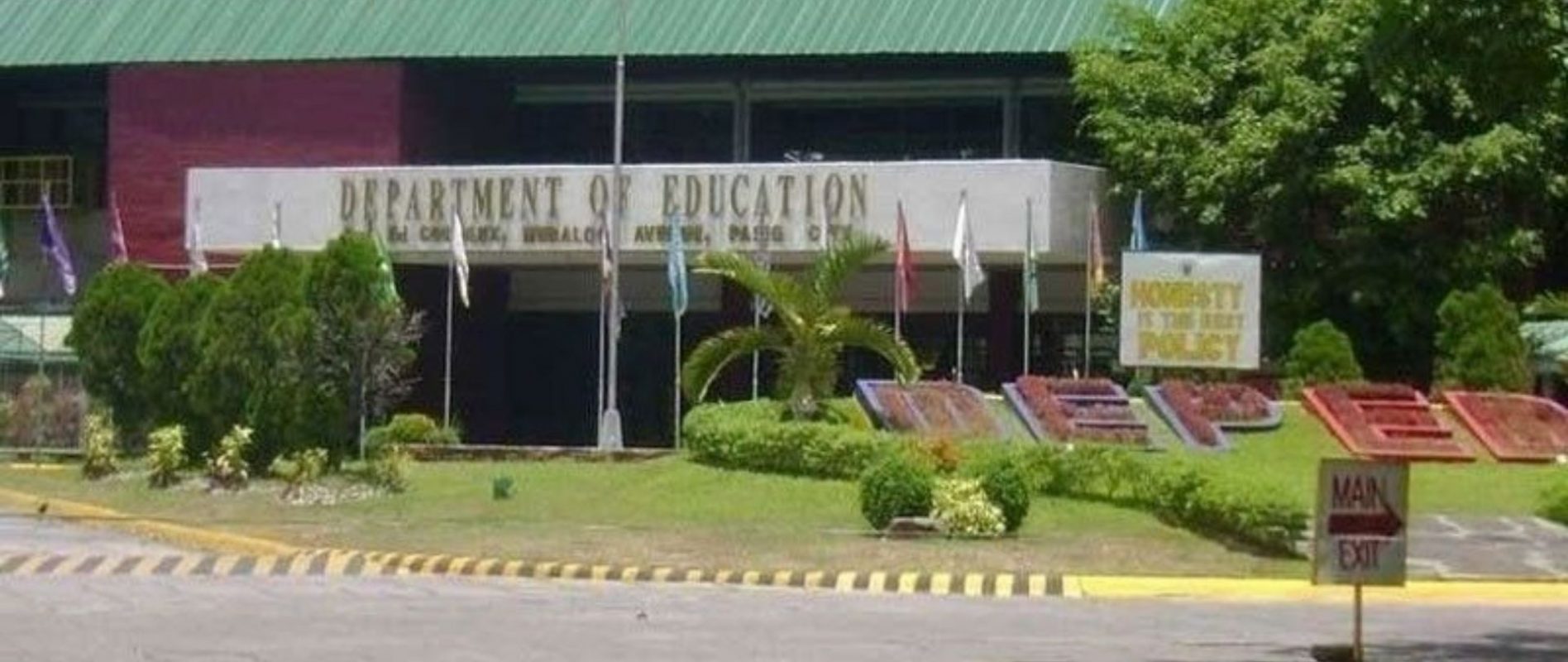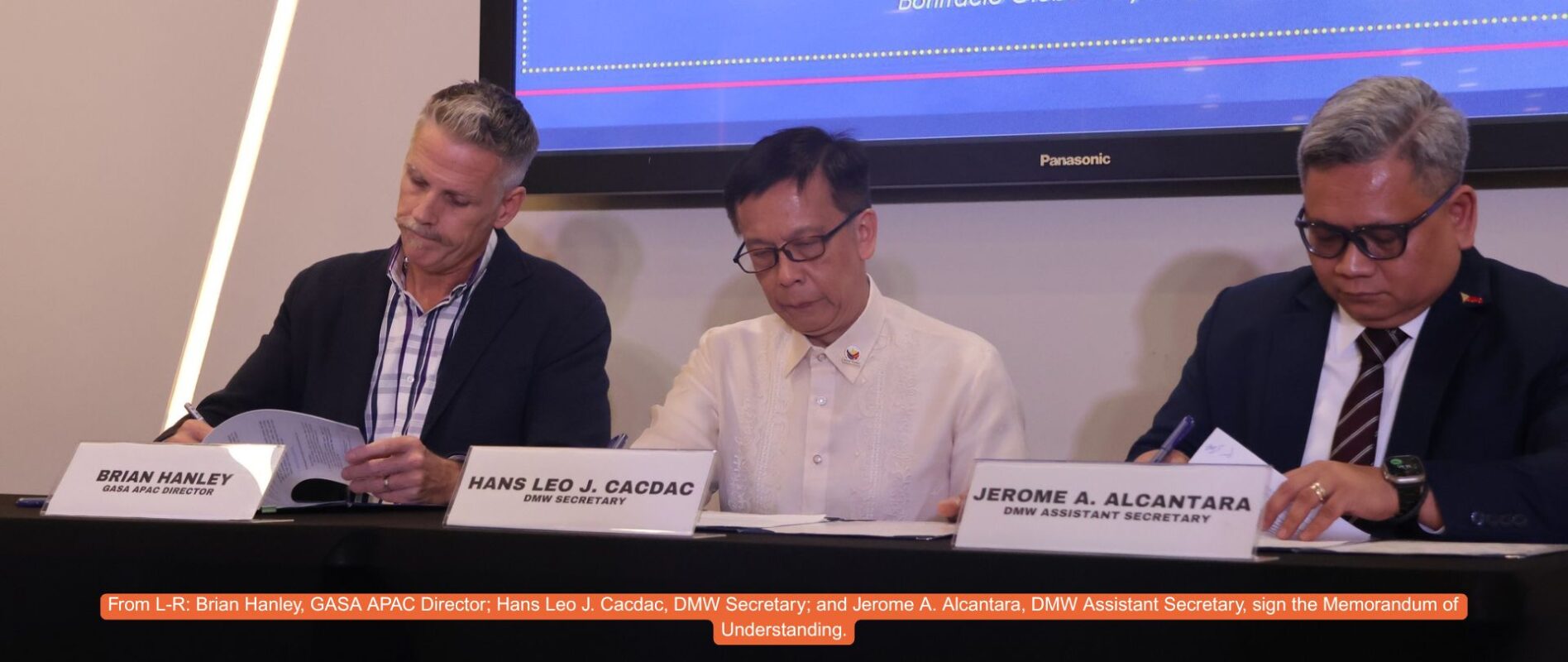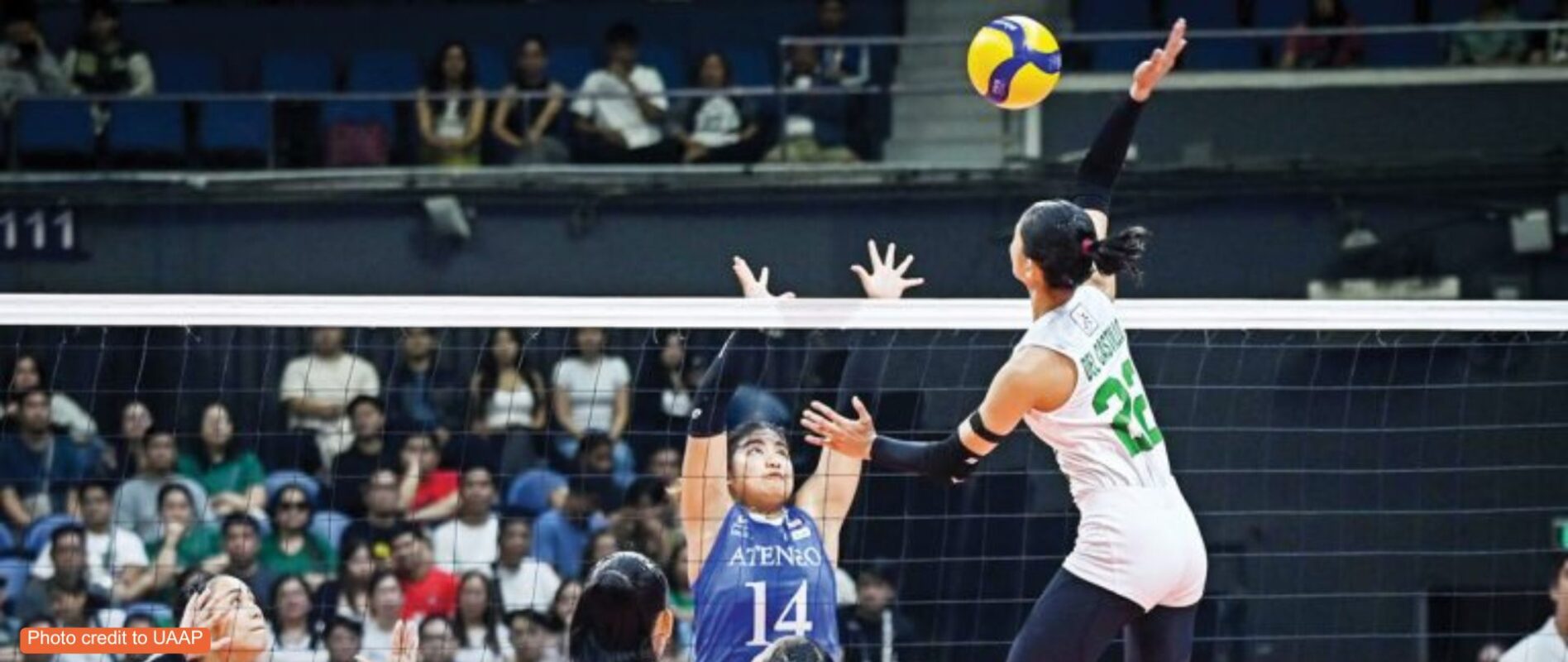DEPED URGED TO ADDRESS DIP IN DISTANCE LEARNING ATTENDANCE
THE ALLIANCE of Concerned Teachers called on the Department of Education to address the dipping numbers of students who participate in distance learning and submit school requirements.
“Sa totoo lang, nahirapan ang ating mga guro na mag-compute ng grades para sa first quarter dahil halos walang iko-compute sa maraming bata. Many students have barely shown up in online classes or have hardly submitted their class requirements. They may not have formally dropped out of class, but they are essentially not participating and not learning. How do we see this situation now?” Raymond Basilio, the group’s secretary general, asked.
In December, ACT warned against a looming massive drop out of students after it received reports from its regional leaders about unclaimed modules, unanswered retrieved modules and dwindling online class attendance.
As classes resumed this January, many teachers aired their concerns on social media about students who have not returned to class.
Based on a recent survey it conducted, the Movement for Safe, Equitable, Quality and Relevant Education said that 54 percent of teacher respondents attested that sizable portions of their classes are not keeping pace with the lessons they provide.
“Our teachers are very much worried with the waning student participation in the government’s distance learning program but are only giving out incomplete marks instead of failing grades or delisting students from the rolls as we understand their difficulties under distance learning amid the pandemic. We were hoping that the Department of Education would be equally concerned about the matter and act swiftly to address the grave education crisis that we face today,” Basilio said.
He pointed to the Duterte administration’s disappointing funding for education and the government’s poor preparations for distance learning as the main culprits in the worsening education crisis.
“Our learners need better government support to keep them in the folds of education. They need appropriate gadgets, internet subsidy and better connectivity to have worthwhile online classes. They need community tutors and more accessible media-based instruction to understand their lessons. They need safe schools to enable the resumption of in-classroom learning in low-risk areas at the soonest possible time,” Basilio said.
He urged the government to “put its urgent attention to the problems of education amid the pandemic as neglect of such would surely bear painful repercussions to the nation in the long run.”



